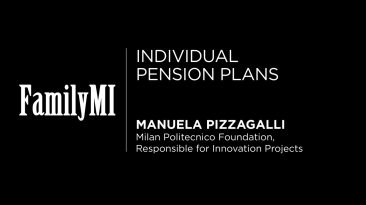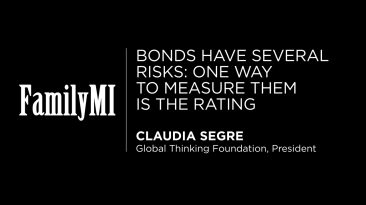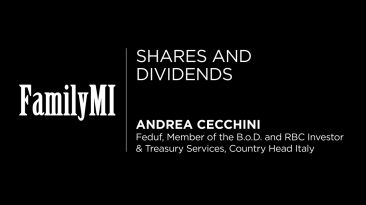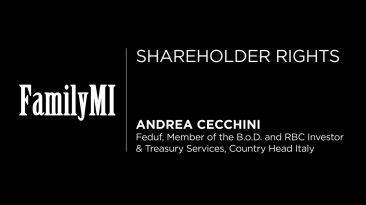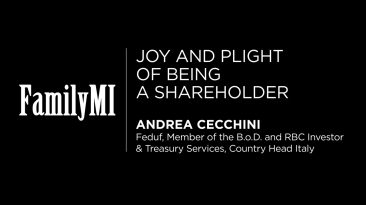PIPs (Individual Pension Plans) are another way to integrate, or substitute, your state social security. They are an insurance product, only distributed by insurance...
Author - administrator
When you buy a bond, you behave like a bank. Investors can invest in securities issued by a company, a sovereign state, a public body, an international organization...
13. Senior (unsubordinated) bonds
Would you like to be the first or the last in the line to get your money back?
Not all bonds are the same. Some bonds (senior) have a sort of priority compared to others (subordinated), and this is important when things go bad for the issuer of the...
Some aggressive investors might want to buy subordinated bonds, which carry higher coupons but expose you to higher risks. Both the coupons and the capital are at risk...
15. Bonds have several risks:
one way to measure them is the rating
Risk and returns go in the same direction – how much of both of them are you looking for?
Safer will bonds will pay you a lower coupon, while more risky bonds yield more. Before investing in bonds you should decide in advance how much risk you are ready to...
When you buy stocks, you really buy a piece of the corporation by buying a share of the capital. The investment anyway is not due to be reimbursed like a bond, and the...
As an investor, you will probably buy shares to be entitled to the distribution of profits, other than to any capital appreciation. But it comes along a few more rights
18. Joy and plight of being a Shareholder
The risks associated with shares are quite large
Watch this video to see how Diego decides to invest in TDF shares. Initially his investment is up 50% and Diego keeps his shares hoping that they will keep rising...
19. Introduction to Funds, ETFs and Certificates
Stop doing it yourself: Funds and ETFs are the professional way to manage your money.
If you understand the risk of “do it yourself” in investments, you should choose to invest in funds managed by an Asset Management company. They will charge you for the...
ETFs offer the same benefits of mutual funds (high diversification, segregation of assets) but lack the active management of the investment portfolio: fees will be lower...

